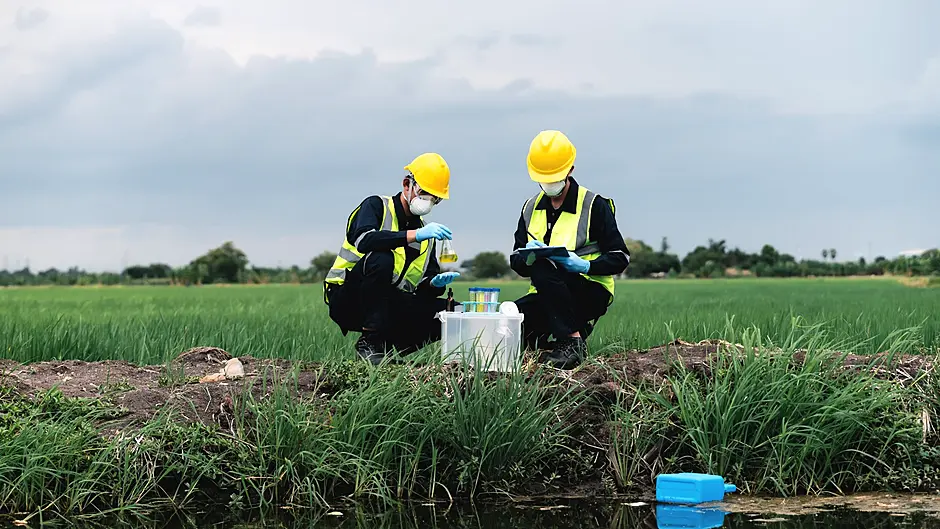FARM inspection rates are far below the level required to drive compliance and improve water quality, the Environmental Protection Agency (EPA) has warned.
On Tuesday, the EPA published its report on the environmental enforcement performance of local authorities in 2023.
The report warned agriculture continues to have a significant impact on water quality, resulting in excess levels of nutrients (nitrogen and phosphorus) entering our waterways.
The EPA’s assessment of local authority environmental enforcement performance in 2023 found that Cork County Council was one of just eight local authorities to achieve a ‘Strong’ or ‘Excellent’ score in 17 or more of the 20 National Enforcement Priorities (NEPs).
The NEPs focus on improving environmental compliance and achieving positive outcomes for water quality, air quality and waste management.
But the report said agriculture continues to have a significantly negative effect on water quality.
This news is concerning as farmers in West Cork and across Ireland have been working hard to cut nitrogen levels as Ireland bids to maintain its nitrates derogation.
‘The effective enforcement of environmental law is essential to identify polluters and non-compliant operators, and to hold them to account,’ said EPA Office of Environmental Enforcement director Dr Tom Ryan. ‘Local authority leadership is critical in delivering better environmental outcomes through the prioritisation of environmental enforcement and the appropriate allocation of resources.’
Regarding water quality, EPA programme manager for the Office of Environmental Enforcement, Patrick Byrne said that agriculture is responsible for excess levels of nutrients (nitrogen and phosphorus) entering waterways.
He said that nationally, while the number of local authority farm inspections increased by 9% to 1,137 in 2023, the number is still too low.
‘More farm inspections and follow-up enforcement is needed to reach the National Agricultural Inspection Programme target of 4,500 farms inspected in 2025, to improve water quality. We’re calling on local authorities to use their full suite of enforcement powers to drive compliance with the Good Agricultural Practice (GAP) Regulations and improve water quality,’ he said.
The report shows that the scale of environmental enforcement work carried out by local authorities in 2023 was significant.
Across the 31 local authorities, 547 staff handled over 70,000 environmental complaints, carried out over 212,000 environmental inspections, undertook 17,000 enforcement actions and initiated 470 prosecutions.
The report said waste generation continues to grow and recycling rates for municipal and plastic packaging waste streams need to increase urgently to achieve 2025 targets.
Local authorities need to target waste enforcement actions to drive compliance with the new national by-product criteria for greenfield soil and stone and waste recovery levy regulations, to reduce construction and demolition (C&D) waste.
In 2023, local authorities assigned a much lower level of resources to air and noise enforcement (8%) than waste enforcement (63%) and water enforcement (29%).
Whilst Ireland’s air quality met EU standards in 2023, it did not meet the health-based WHO guidelines and there were concerning localised issues which led to poor air quality.
In 2023, many local authorities made little progress on implementing their Noise Action Plans (NAPs), aimed at reducing people’s exposure to transport noise.
‘Greater action is needed to reduce the impact of noise pollution on people’s health and wellbeing,’ the EPA report said








